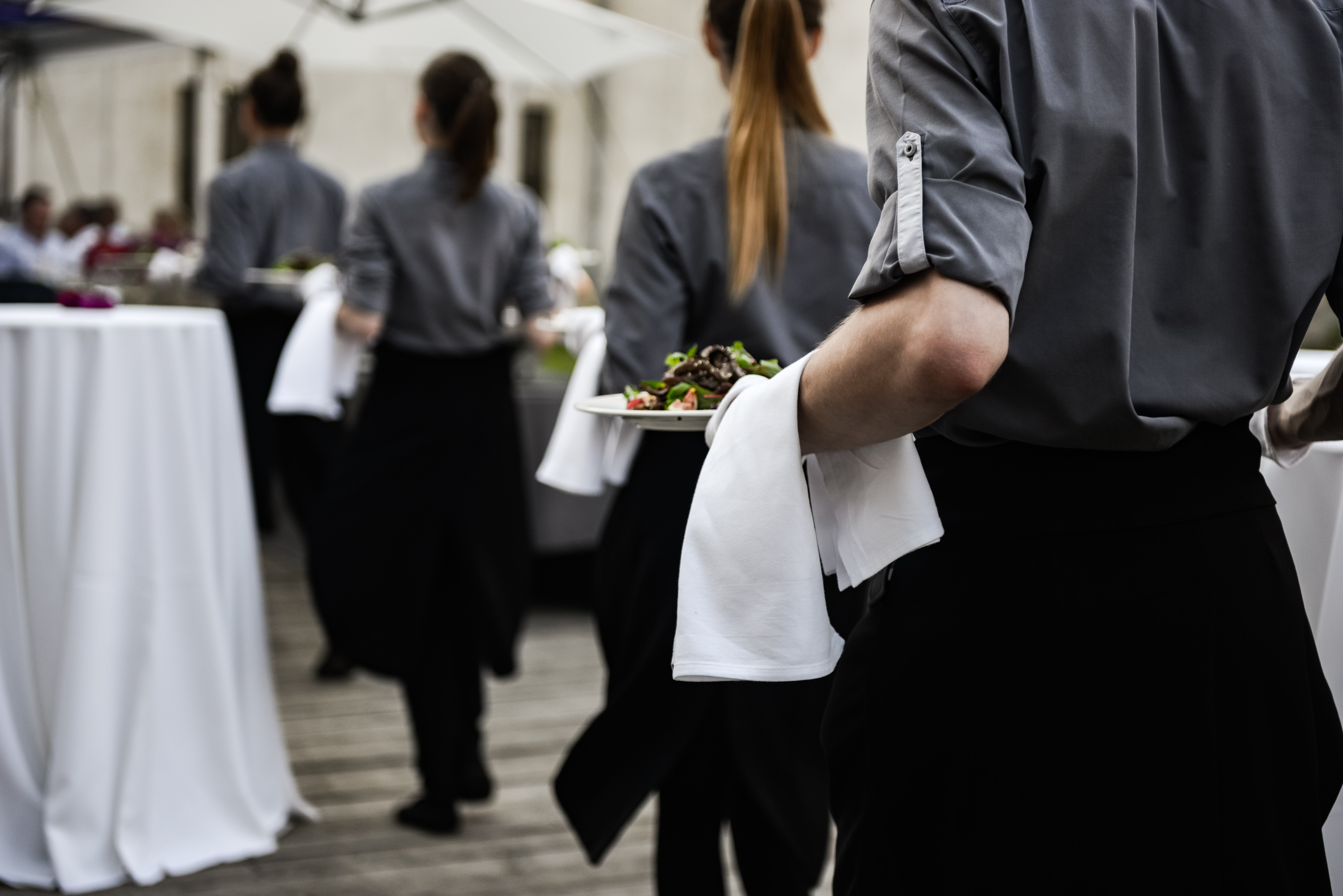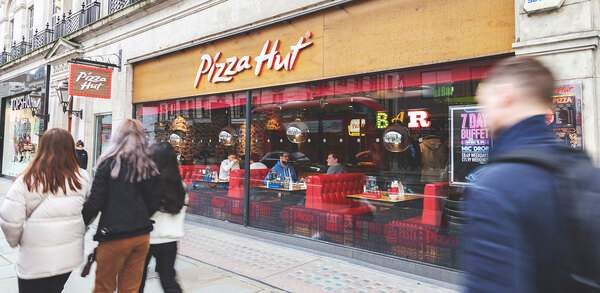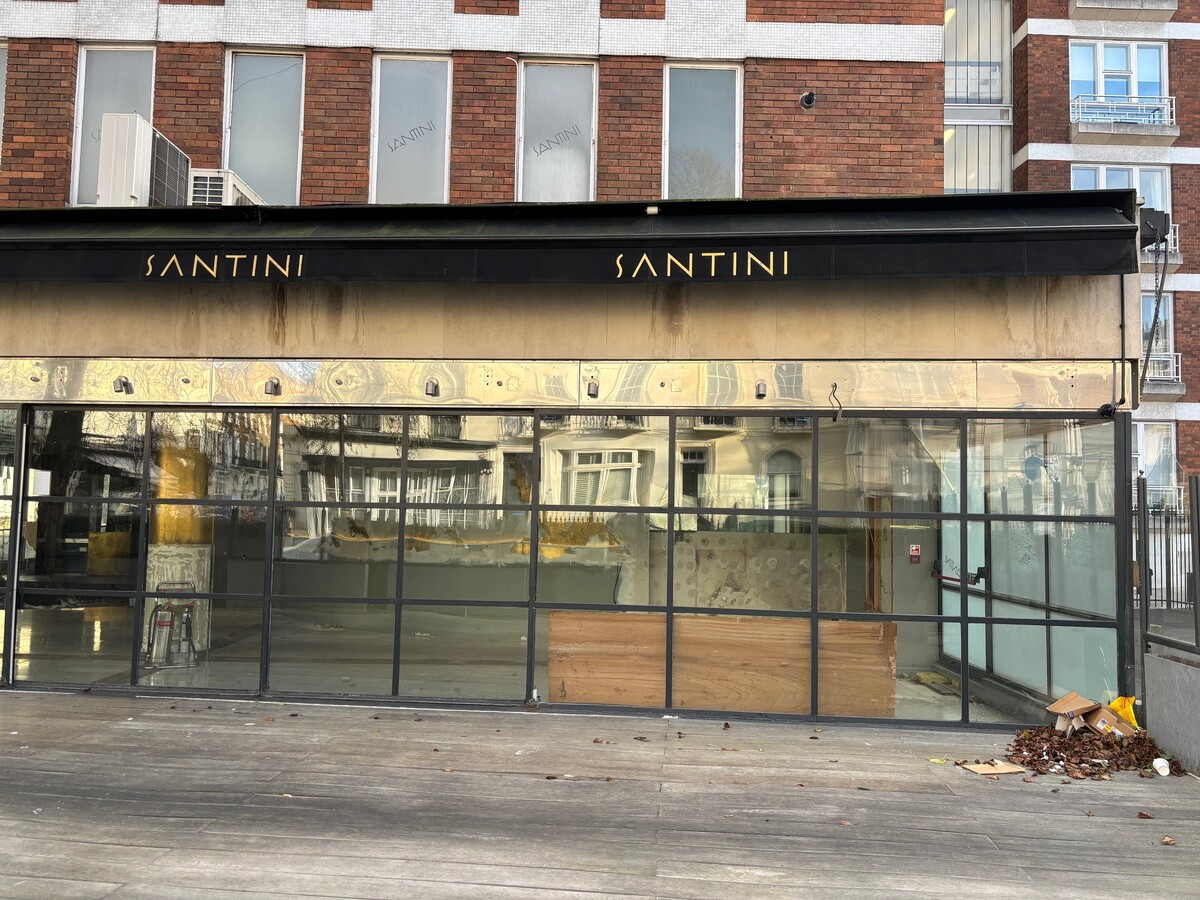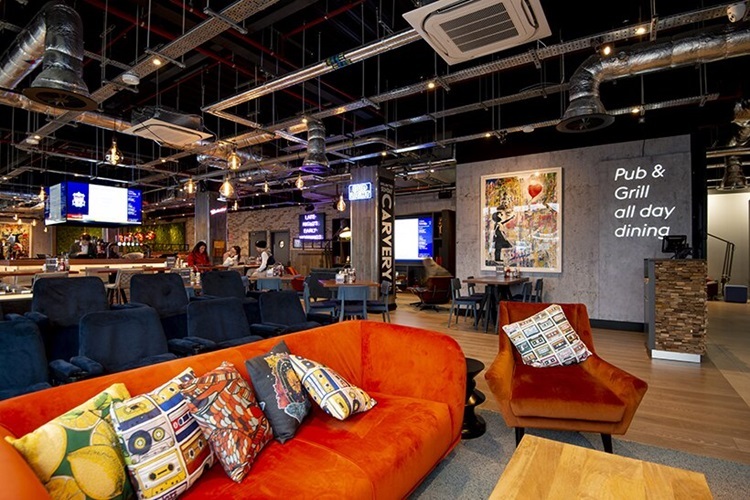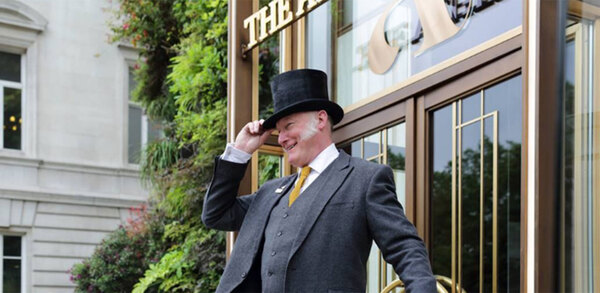'Large-scale' hotel closures feared
By Lee Hayhurst
Large-scale closures of hotels in the UK are feared as the coronavirus pandemic lockdown starts to bite, according to leading accountancy firm Deloitte.
A weekly Deloitte webcast update today on the emerging Covid-19 crisis featured experts from its hospitality, leisure and travel divisions.
Further government assistance was called for from the government to support mid-sized firms in the sector that are battling to survive.
Andreas Scriven, lead partner hospitality and leisure at Deloitte, said the scale of the decline and the actions being taken by owners, brands and lenders was “unprecedented”.
Quoting latest industry data from STR, Scriven said revenue per available room last week was down 23%, while in London that figure was 42%, with all markets seeing double-digit declines.
With bookings down and cancellations significantly up, further declines are expected, following the pattern previously seen in China, where 40% of hotels closed.
In Italy, hotels have seen a 90%-plus decline in occupancy levels, while major cities across Europe are seeing occupancy levels down by around 40%.
Scriven said: “We are seeing large-scale closures of hotels across the world. We expect to see that more here in the UK, in London and the regions.
“The cancellation of conference and large-scale gatherings is having a big impact in hospitality, but also in related sectors. There is a ripple effect.”
Deloitte says recommendations about self-isolation are already having a significant impact of the viability of restaurants and pub footfall is down by up to 50%.
Scriven said there is no previous “black swan” event that is directly comparable to the coronavirus pandemic in terms of scale, severity and speed.
However, he said: “Travel, hospitality and leisure sectors have proved to be resilient, and medium and long-term growth is almost certainly positive.”
Recovery from the SARS epidemic was four to six months, said Scriven, although he expected recovery from Covid-19 would be “elongated, but we expect the industry to bounce back”.
Companies in the sector are using technology to support resourcing issues and allow remote working as they implement recruitment freezes and have staff off sick or due to childcare issues.
“Many businesses have large call centres and are struggling with call volumes. Reduction in labour availability combined with enforced remote working will bring contact centres to collapse.
“We are seeing companies be innovative and creative and using technology to address resources and address these issues to make sure they remain operational,” Scriven added.
Companies in the sector are offering more flexible payment, credit and cancellation terms for consumers and Scriven said this should result in increased loyalty in years to come.
He also said there is an “absolute focus” on cash, with most capital expenditure [capex] programmes deferred and work to secure supply chains.
Meanwhile, some firms are looking to “repurpose” by providing takeout food services or offering properties for health services, as former Manchester United footballer Gary Neville has done with his Manchester hotels.
Scriven said many workers in the sector are paid the living wage and will require government support, while companies will also benefit from business rates relief and mortgage holidays.
Many will also require loans to survive. He said: “Here we have seen a number of alternative lenders coming forward. Some of that comes at a cost, but it might be the lifeline that gets businesses through the coming months.”
Deloitte, which is launching a weekly hospitality sector sentiment survey, considers government help that has been already announced as being a “step in the right direction”.
“But the general reaction is that more help needs to be provided and clarity, especially for small businesses living day to day and struggling from a cash perspective,” said Scriven.
“There has clearly been help around business rates, but more needs to be done. It appears help it targeted at small businesses and the very large businesses.
“But businesses in this mid-market are at real risk going forward as well. Initial steps are in the right direction but more needs to be done to support these businesses which are really having a hard time at the moment.”
Sector disappointed by lack of wage support, but hopeful for further measures >>
Coronavirus advice hub for hospitality operators and employees >>
Image: Shutterstock





